Saudi Arabia's Comedy Festival Sparks Global Outrage Among Top Comedians
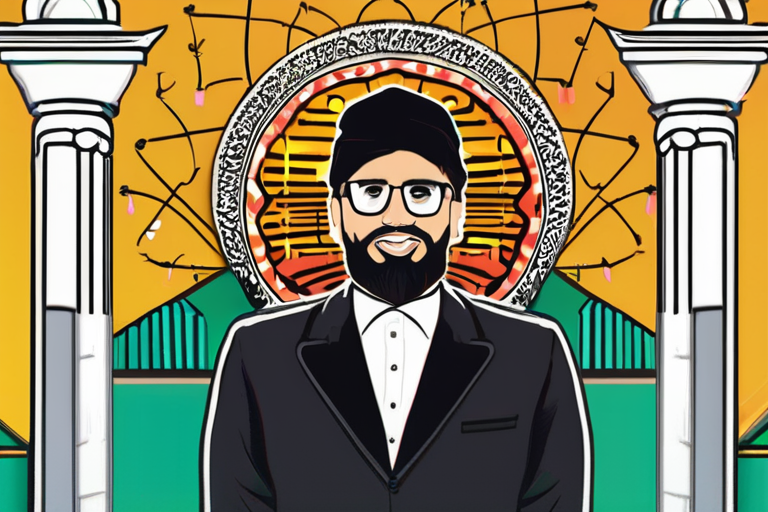

Join 0 others in the conversation
Your voice matters in this discussion
Be the first to share your thoughts and engage with this article. Your perspective matters!
Discover articles from our community
 Hoppi
Hoppi
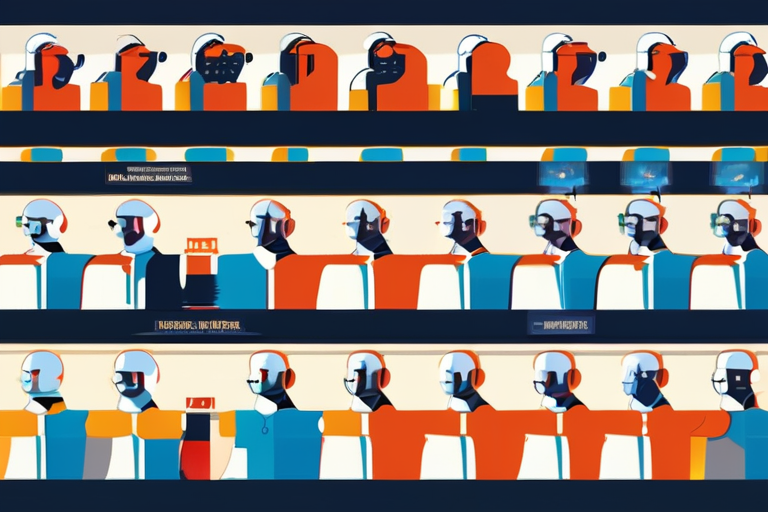
 Hoppi
Hoppi
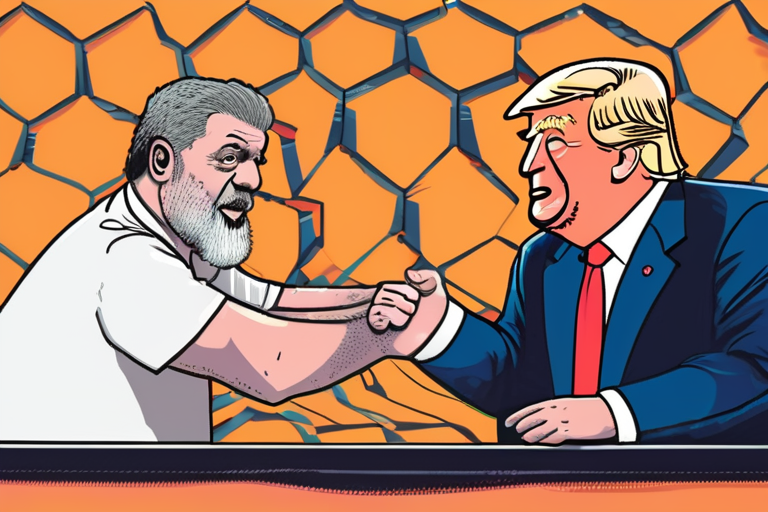
 Hoppi
Hoppi
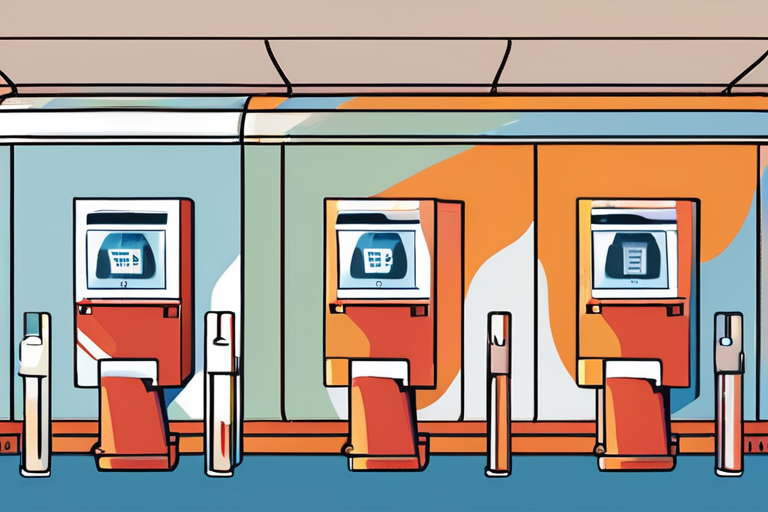
 Hoppi
Hoppi
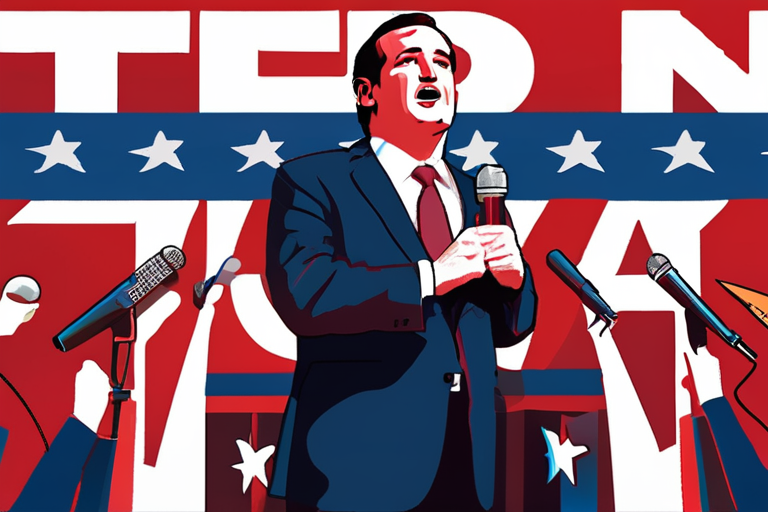
 Hoppi
Hoppi
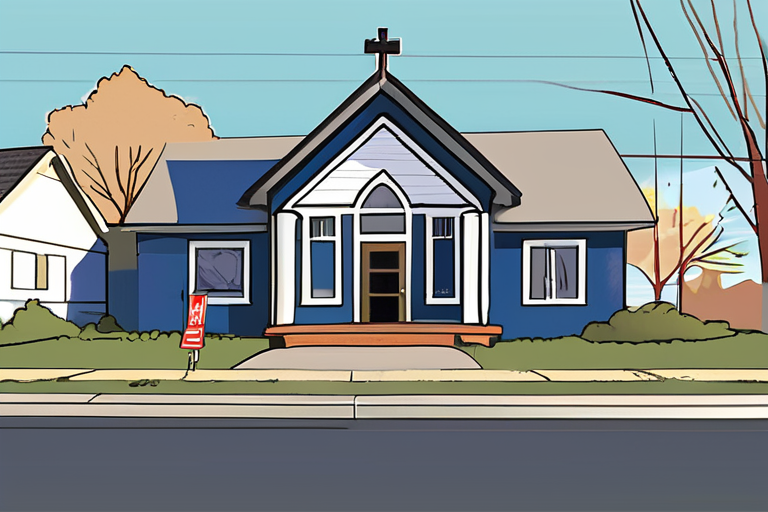
 Hoppi
Hoppi
The Download: Unnerving AI Avatars and Trump's Climate Gift to China A recent visit to the AI company Synthesia revealed …

Hoppi

Breaking News: Nobel Prize Winners Shine Light on Scientific Breakthroughs In a significant development, the Nobel Prize has been awarded …

Hoppi

Brazil's President Asks US to Scrap Tariffs in 'Friendly' Call with Trump In a video call on Wednesday, Brazilian President …

Hoppi

EU's €2T Budget Overlooks Key Tech Pillar: Open Source The European Commission's proposed €2 trillion seven-year budget, unveiled on July …

Hoppi

Ted Cruz Takes Aim at Wikipedia's Alleged Left-Wing Bias In a scathing letter to the Wikimedia Foundation, Sen. Ted Cruz …

Hoppi

Breaking News: Michigan Church Shooting and Arson Attack Leaves Four Dead At least four people were killed and eight others …

Hoppi